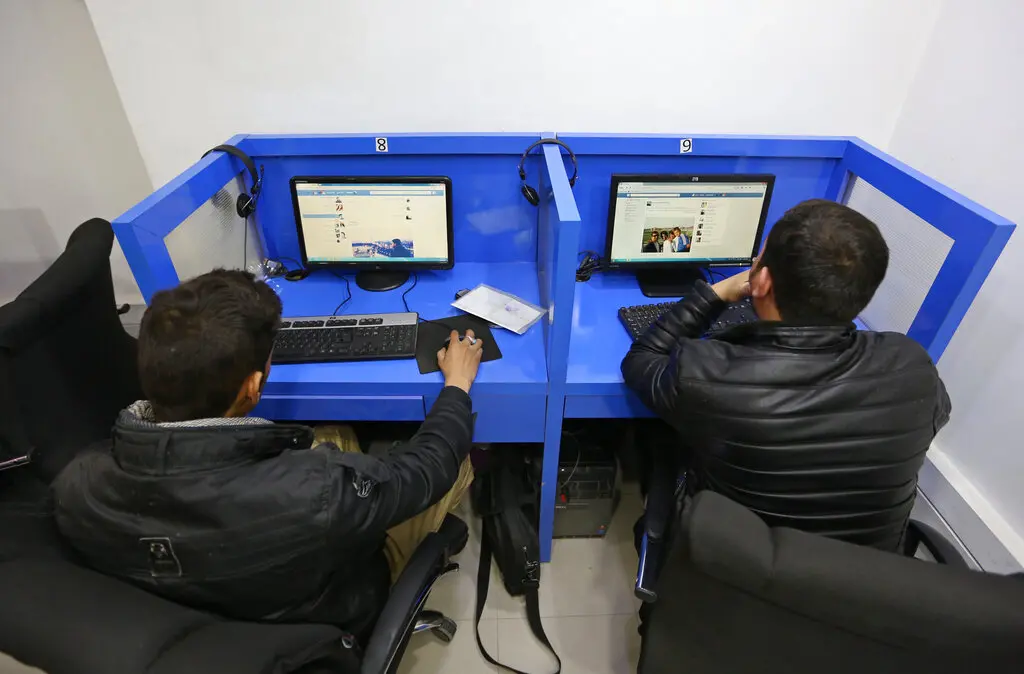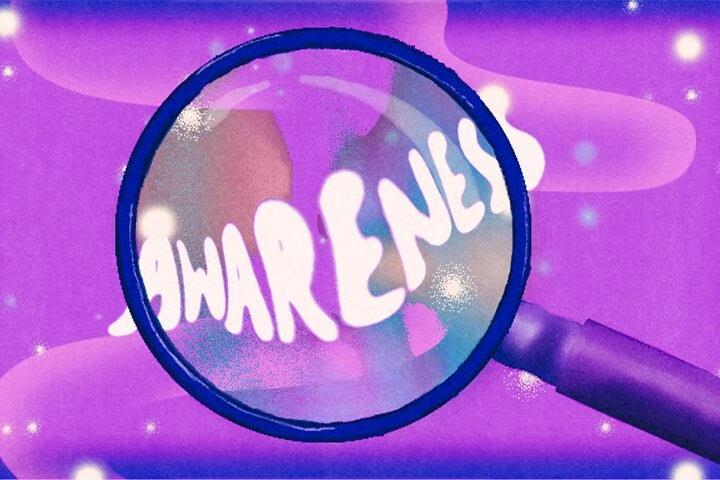To the Officials of the Hinds County School District,
We write from PEN America, the literary and free expression human rights organization, to register alarm over your recent decision to terminate Assistant Principal Toby Price from Gary Road Elementary for reading a book to students. Considering the offense cited in the letter of termination, this appears an extreme disciplinary action, truly disproportionate to the situation. Mr. Price’s termination ought to be reversed immediately.
As we understand the facts, on Tuesday, March 2, 2022, Mr. Price chose to read the book I Need a New Butt, by Dawn McMillan, to a group of 2nd grade students on Zoom. The Zoom time had been set for a different educator to read a different book, but when they did not turn up, Mr. Price was instructed to read a book to fill the time. As a result of this choice, Mr. Price was then sent home for the day, suspended on administrative leave. He was called in for a disciplinary meeting on Thursday, March 4, at which time he was notified that he was being terminated for violating the Mississippi Educator Code of Ethics, Standards of Conduct.
In the letter of termination you cite the reading material as “inappropriate” and suggest that reading it to students needlessly exposed them to unnecessary embarrassment or disparagement. However, with this decision you offer no objective standard by which you reached the assessment. Certainly, the book in question is meant to be humorous for a young audience, and fellow educators might reasonably question if it was the optimal choice for this particular occasion. But in positioning the act of reading a book as a violation of ethics, the district is implying that any educator could be terminated under similar circumstances, whenever an anonymous source feels a book read to students is “inappropriate” for any reason. Such a precedent could be readily abused, enforced with unbridled discretion to censor the reading of books in schools.
The mere reference to bodily functions or to anatomy cannot be the standard by which school districts judge what constitutes subjection of students to embarrassment or disparagement. By this standard, students may get “embarrassed” by hearing all manner of books in schools. That cannot be a reasonable basis on which to discipline educators, without creating a standard so broad that educators — especially of small children — will not know how to comply. Further, implying that discussions of these topics are inappropriate in schools could impair education about health, child abuse, and other critical topics.
Recognizing that public schools house diverse populations with different tastes and standards means recognizing that there may be times when educators, administrators, librarians, parents, and students disagree as to the appropriateness of a particular book for a particular school setting. Such disagreements should be worked out through dialogue and allowing a range of voices to be heard, not heavy-handed reprimands or, worse, termination decisions. One need only consider for a moment the kind of chill this decision will send across the school and district, to realize it is misguided. This decision risks making every professional in the district think twice about reading any book to students, lest they run afoul of someone else’s definition of what may be “appropriate” or “embarrassing” and put their own career and livelihood in jeopardy.
Your decision to punish Mr. Price for reading this book is deeply concerning. It is a threat to the freedom to read, learn, and teach, which should be protected and upheld in schools. Reading and sharing literature, even on silly topics, should be celebrated in public education, not become a cause for punishment.











